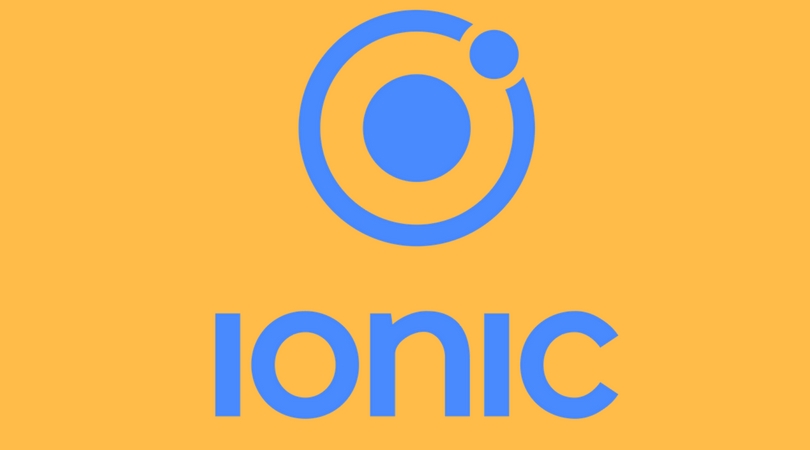Introduction:
Android vs. iOS debate came on the surface as soon as Android platform has got recognition and started growing skyrocketing speed. Fundamentally, iOS and Android platforms deliver native apps with native capacities and experiences. Aesthetics, performance, and user experiences are at the core of native mobile applications, which have made its adoption quick and gain immense popularity against mobile-friendly websites running with tons of issues. Apple Inc. is a proprietary platform and has own pros & cons. Whereas, Android is an open source and open platform with some distinct advantages and lacunae too. Unfortunately, in all circumstances and use-cases, native apps are not mandatory and even not viable or affordable. Therefore, app ecosystem has a third alternative, and it is cross-platform apps, which are falling in between pure web apps running only using mobile browsers and their capacities and pure native apps with complete access of native hardware and OS features. Therefore, cross-platform apps are mainly referred to hybrid apps to simplify the term. In early days of hybrid apps, development technologies, tools, and techniques have several constraints, which acted as a hindrance to get mass acceptance. With the advent of cross-platform frameworks and programming technologies, today we have cross-platform apps functioning as native-like apps and deliver almost same user experiences, performance, and aesthetics with only one-time development and deployment on all the major mobile OS platforms at considerable cost efficiencies. You might have a question that which cross-platform mobile app development frameworks and tools are capable of delivering the expected results. Therefore, I have decided to provide you some outlines regarding frameworks and tools for cross-platform app development and ranking top in usage as well as popularity.PhoneGap
It is the first open source framework that allowed web developers to enter into a mobile niche without learning much about native coding. It uses HTML, CSS, and JavaScript to create a cross-platform mobile app. It has SDKs specified for each mobile OS platform to bundle the code into native wrappers to access the native hardware and OS features & functionality. It supports Windows Phone and BlackBerry app development besides the standard iOS and Android app development. Thus, it is complete cross-platform application development tool and platform to support other frameworks too by providing SDKs.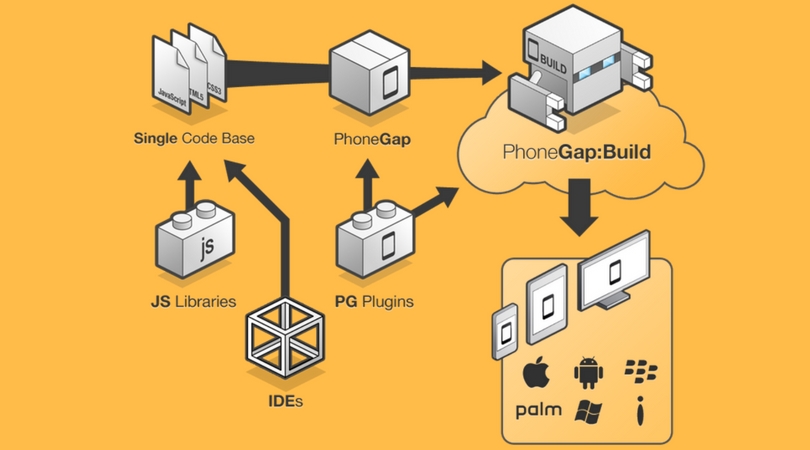
Appcelerator Titanium
Just like PhoneGap, it also is an ancient species which has credit to act as the founder of the hybrid app development framework with a huge open source community. It has own SDK that facilitates cross-platform app developers to reuse 60-90% same code on different mobile OS platforms. It uses the same web development technologies that PhoneGap supports.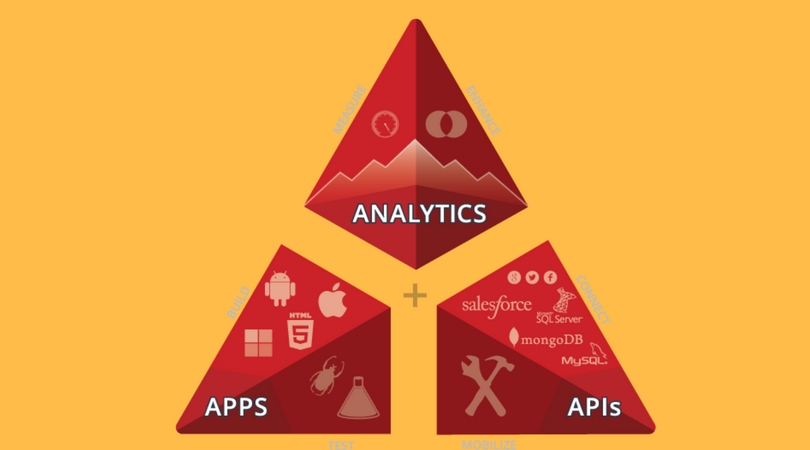
Sencha
It is based on HTML 5, CSS 3, and JavaScript using many JavaScript frameworks. The latest offering is Ext JS 5. Thus, it brings more native-like experiences on the table than PhoneGap and Titanium. It uses SDKs from PhoneGap and translate the HTML 5 code into native code and save time, boosts productivity, and improve app performance by accessing native features.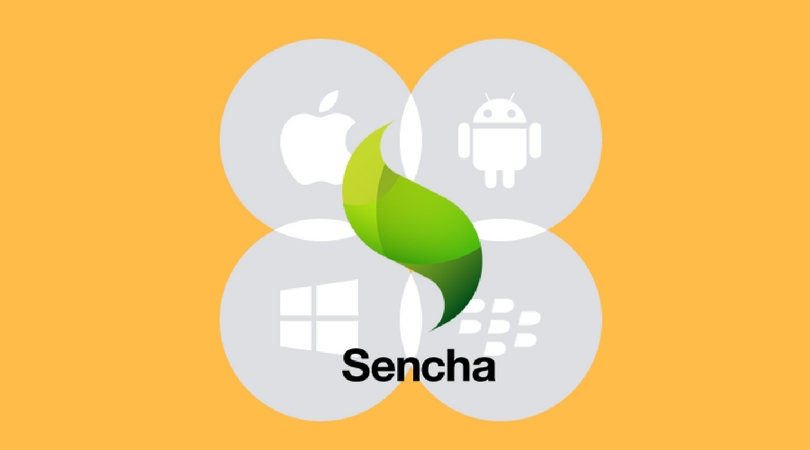
Xamarin
Microsoft is supporting this cross-platform framework to sustain & grow in hybrid app development framework market. Xamarin is using C# and other .NET framework libraries and components to create native-like experiences. It also supports the Ruby and ROR framework to create hybrid apps. Thus, it is the right choice for the developers who want to write advanced code using a range of programming technologies and bring innovations in features as well as user experiences.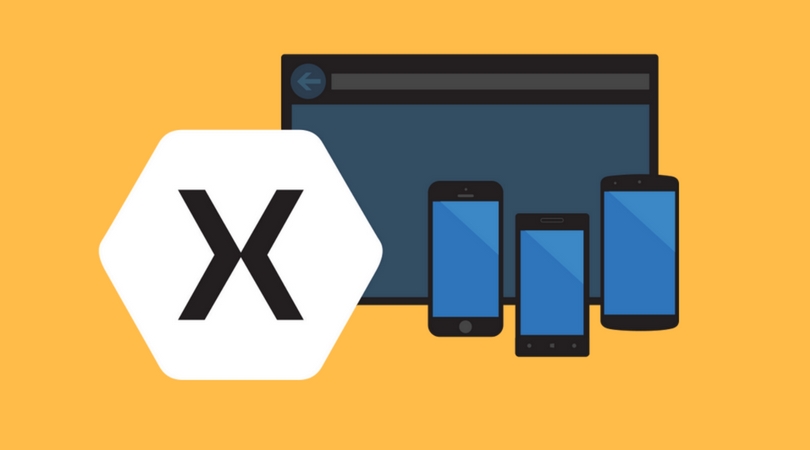
Corona
It has a low footprint and quick to download & install, so you can start coding within minutes after initiating the download. Corona has own SDK with a peculiarity to offer support for 2D gaming graphics development. Therefore, once you develop games with Corona framework, it proves ten times faster than you have to go game design right from scratch. Corona uses Lua programming language, which is based on C and supports multiple platforms for mobile app programming.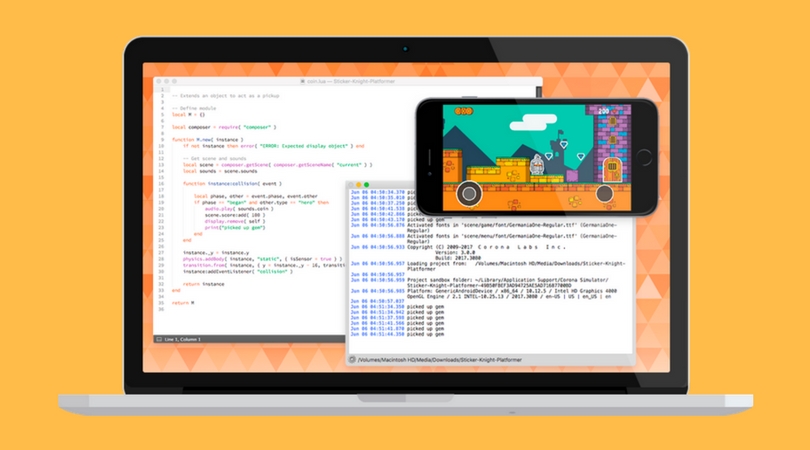
Unity 3D
It is the most powerful and popular game engine with a decent framework to support cross-platform mobile game app development along with desktop and console games. It has own script known as Unity Script, and it also supports C# and Boo like programming technologies to create advanced games for cross-platform devices and more than 15 platforms. It provides options for the selection of platforms and ships the code with appropriate wrappers to provide seamless UX. Besides these, it has tools for social share and analytics to improve, monitor, and manage the products.
Cocos2d
It is another cross-platform game development framework, and unlike Unity, it supports only 2D game design and programming. It supports coding in various programming languages, such as C++, JavaScript, C#, Objective-C, Swift, and Python.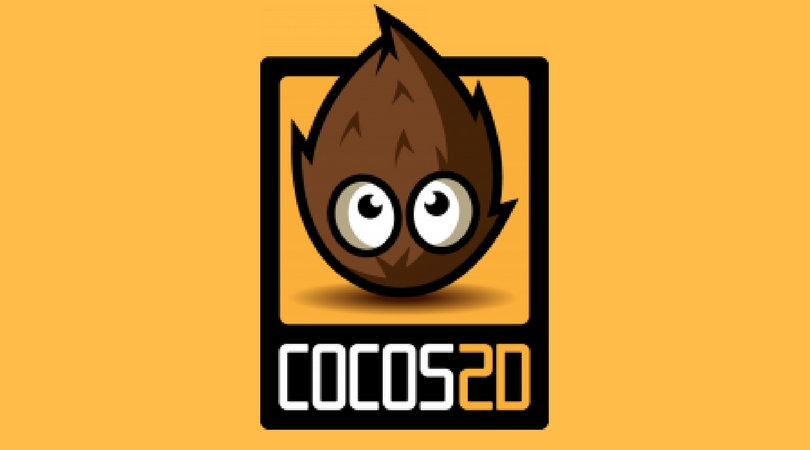
Qt
It is subscription-based service providing support and tools for cross-platform app design & development. You can use a C++ programming language to code in Qt and publish your app to different platforms by exporting feature. After exporting Qt, the framework allows developers and app owners to monitor app performance as well as modify the code to improve performance. Thus, it eliminates the testing and analytics needs at all.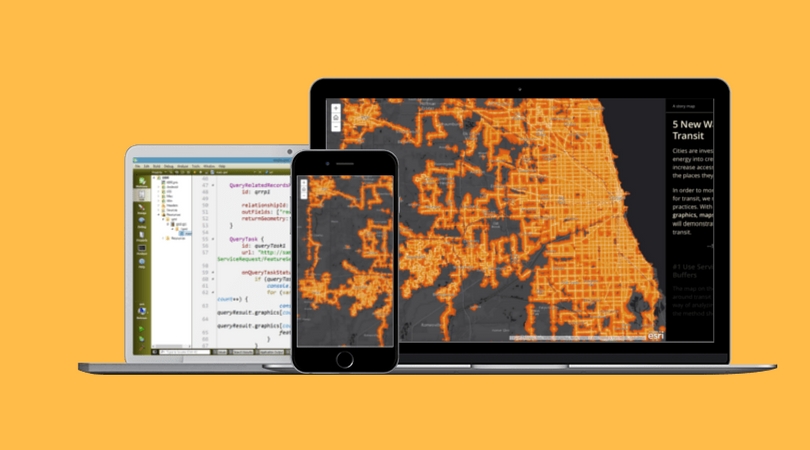
Alpha Anywhere
It is a decent cross-platform app development tool providing range options to choose a programming language for codings, such as C#, VB.NET, Xbasic, JavaScript, C++, and Cobra like .NET framework supporting technologies.
5App
It is a decent cross-platform app development tool specifically designed for enterprises and organizations who are going to develop hybrid apps for the sake of own purposes. Therefore, the platform has advanced tools and technologies for security in all aspects. If you think of apps to support BYOD concept, it is a robust cross-platform platform. The platform promises productivity and ease of use.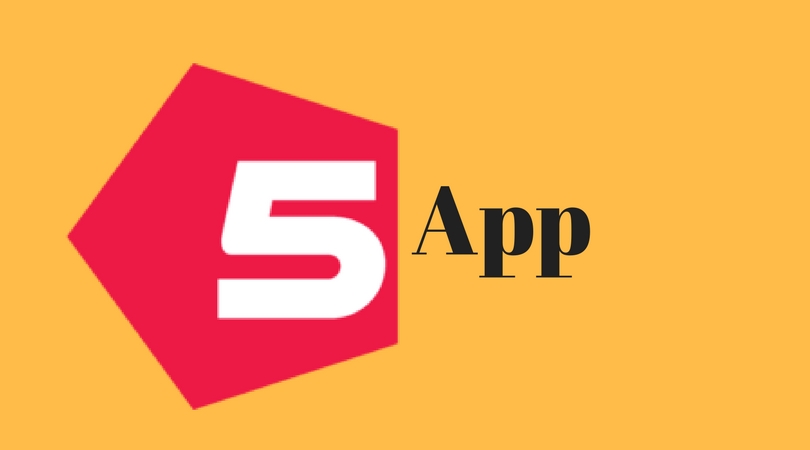
Ionic
It is based on Angular JS framework to leverage the immense capabilities of the latest JavaScript frameworks. It promises you excellent UX and seamless support for multiple mobile OS platforms. It has gotten traction in the industry thanks to its capabilities to provide native-like mobile experiences that everyone is striving.